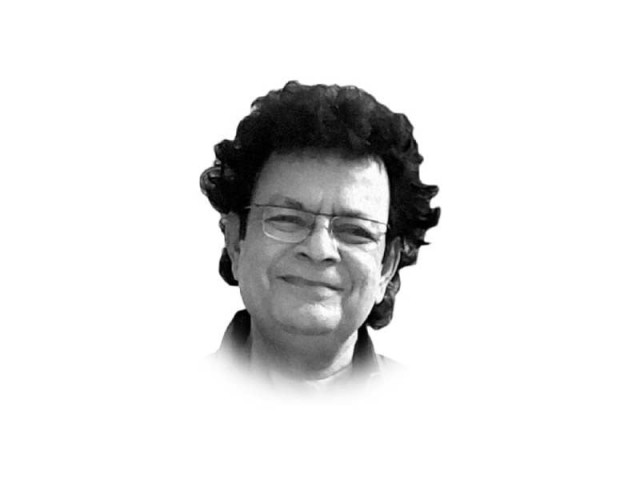Enmity with intellect results in nothing but annihilation
Without knowledge and thought nations die; their names and traces are erased; only their ruins remain

How did intellect initiation happen? Perhaps when the snowflakes melted from the pole, the air became frozen, agriculture was destroyed and countless species of animals became extinct and some of the beasts fled and took shelter in the region of the equator, waiting for the fury of the north to subside.
Probably during the dark ages, when the cold storm ended the primitive life and when the hereditary character failed to adapt itself to the new environment, those animals whose instinctive system was deprived of flexibility perished, as they could not create any change in themselves in line with the changing environment. Whereas man, whose was flexible in structure, learned the art of lighting fire, cooking and wearing cloth and thus weathered the storm and established dominance over all the animals of the forest and the field.
Since the dawn of civilisation, instinct has been unable to meet the demands of life. We thus feel the need for intellect. Rene Dekart fell in love with intellect, Baruch Spinoza starved for it for years and Bruno was burned for it. The worship of intellect has become a religion and faith.
Come closer and listen carefully, Socrates is saying that knowledge is beauty and knowledge is goodness. Listen, another voice is coming from near which is Francis Bacon’s; he is saying that knowledge is the greatest power, but what to do that we are all deaf. We have become so mentally insolvent that even today intellect, knowledge and thinking are strongly opposed. Thinkers and intellectuals are ridiculed. Taking the names of Ibn Rushd, Rumi, Ibn Sina, Mirza Ghalib, Qurratulain Hyder, Krishan Chander, Manto and Faiz Ahmed Faiz with reverence or mentioning their words is considered a sin.
Rabindranath Tagore said, “Thought removes worry”. But we are those who have become the enemy of thought. Socrates, while giving his last statement in court, said: “Honorable members of Councils! We are now travelers on different paths. I am walking towards the narrow and dark valley of death and you are walking towards life. You don’t know which path is right neither do I, but I have no complaint about you, you don’t even know that you know anything, but after a few days you will realize that you have lost a man who knew that he knew nothing.”
The first thing is that we know nothing and the irony is that we think that we know everything and that we are not even trying to know anything. It is then obvious that we are committing the most serious crimes. We must bear the same agonies as punishment for these crimes that Ibn Rushd, Ferdowsi, Al-Biruni and Galileo Galilei had to endure. We deserve the same punishment that was proposed for Socrates, Giordano Bruno, Mansur Al-Hallaj and Sarmad Kashani.
Without knowledge and thought nations die; their names and traces are erased; only their ruins remain. Just as the Parthian Empire ended, Greece ended. Then Roma came and emerged in the world with such a force that it was not even thought that it would end. Carthage, Phoenicia, Parthian and Babylon are like gods whose fans have ceased to exist. Then came Europe, Italy, Spain, France, England and Germany; and a new civilisation was born that has no precedent in history. They collected knowledge and transfered it to others on a scale that was not possible before. Ancient Great Empires collapsed because their societies had stopped developing. To keep life moving on the path of growth, it is necessary to keep changing tendencies. When we stop changing our tendencies, society freezes, and its all darkness and sorrow enter into the people who also start freezing.
In his book Teacher and Child, psychologist Haim G Ginott writes: “I have come to the frightening conclusion that I am the decisive element. It is my personal approach that creates the climate. It is my daily mood that makes the weather. I possess tremendous power to make life miserable or joyous. I can be a tool of torture or an instrument of inspiration. I can humiliate or humor, hurt or heal. In all situations, it is my response that decides whether a crisis is escalated or de-escalated, and a person is humanized or de-humanized. If we treat people as they are, we make them worse. If we treat people as they ought to be, we help them become what they are capable of becoming.”
Published in The Express Tribune, October 12th, 2023.
Like Opinion & Editorial on Facebook, follow @ETOpEd on Twitter to receive all updates on all our daily pieces.














COMMENTS
Comments are moderated and generally will be posted if they are on-topic and not abusive.
For more information, please see our Comments FAQ